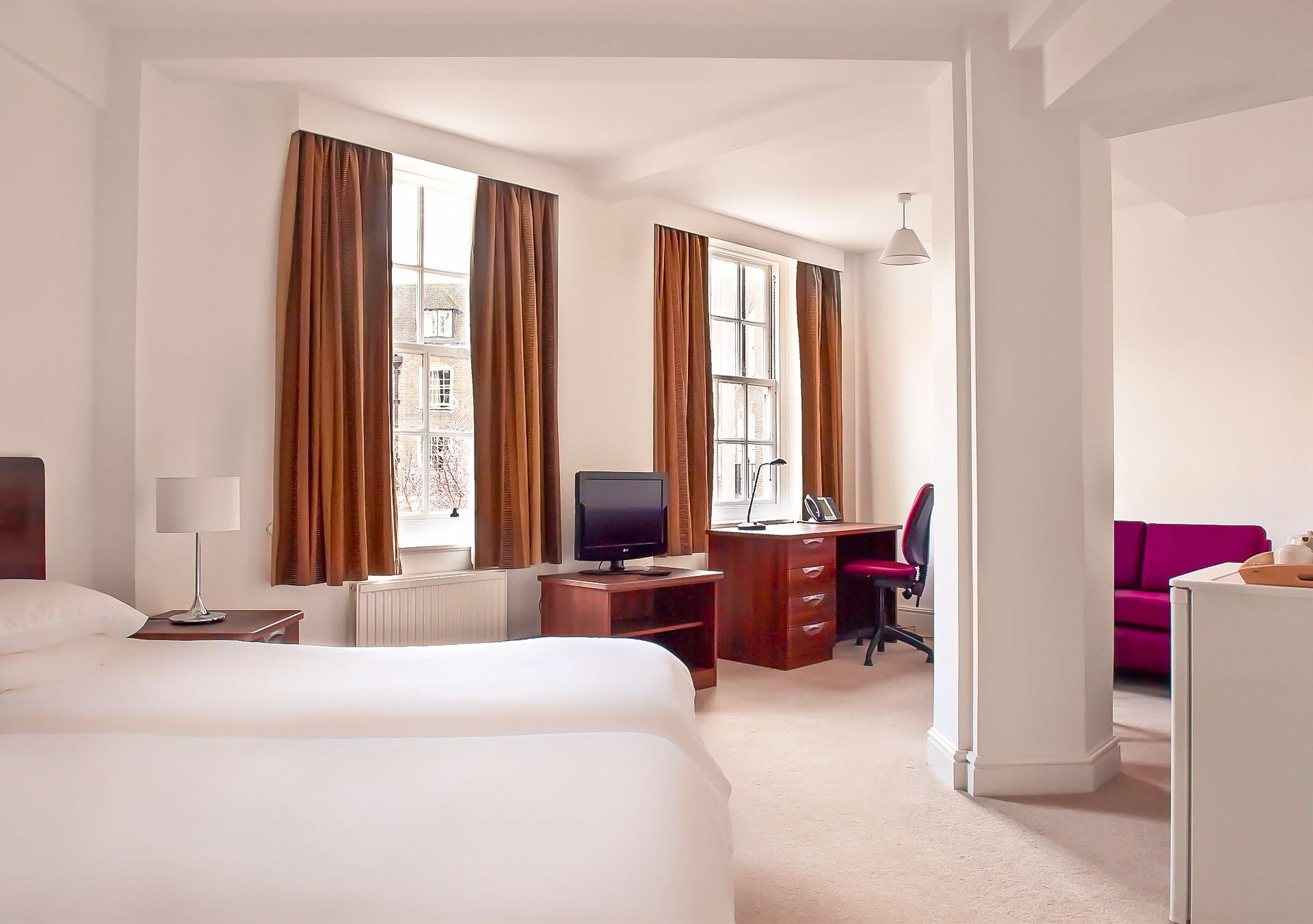La evidencia arqueológica de sitios en Cardiff y sus alrededores muestra que los pueblos neolíticos se habían asentado en el área al menos alrededor de 6.000 antes del presente, unos 1.500 años antes de que se completara Stonehenge o la Gran Pirámide de Giza. Un grupo de cinco túmulos de la Edad del Bronce se encuentra en la cima de The Garth dentro del límite norte del condado. Se han identificado cuatro castros y recintos de la Edad del Hierro dentro de los límites actuales del condado de Cardiff, incluido Caerau Hillfort, un área cerrada de 51.000 metros cuadrados.
El rey Eduardo VII concedió a Cardiff el estatus de ciudad el 28 de octubre de 1905, y la ciudad adquirió una catedral católica romana en 1916. En los años siguientes, un número cada vez mayor de instituciones nacionales se ubicaron en la ciudad, incluido el Museo Nacional de Gales, el Memorial Nacional de la Guerra de Gales, y el edificio de registro de la Universidad de Gales; sin embargo, se le negó a la Biblioteca Nacional de Gales, en parte porque el fundador de la biblioteca, Sir John Williams, consideraba que Cardiff tenía "una población no galesa".
Cardiff: las universidades
La Universidad de Cardiff está ubicada en el área de Cathays Park en Cardiff, Gales. Recibió su estatuto real en 1883 y es miembro del Grupo Russell de Universidades. La universidad es constantemente reconocida por brindar la mejor educación universitaria en Gales. La Universidad de Cardiff celebró su 125 aniversario en 2008.
En 1931, la Facultad de Medicina, que se había fundado como parte de la Facultad en 1893 cuando se fundaron los Departamentos de Anatomía, Fisiología, Patología y Farmacología, se separó para formar la Facultad de Medicina de la Universidad de Gales. En 1972, el colegio pasó a llamarse University College, Cardiff.
El 1 de agosto de 2004, la Universidad de Gales en Cardiff se fusionó con la Facultad de Medicina de la Universidad de Gales. La institución fusionada se separó de la colegiada Universidad de Gales y tomó oficialmente el nombre de Universidad de Cardiff.
La Universidad Metropolitana de Cardiff está formada por cinco escuelas académicas: la reconocida Escuela de Arte y Diseño de Cardiff; La Escuela de Educación de Cardiff, uno de los principales proveedores de formación docente en el Reino Unido; La Facultad de Ciencias de la Salud de Cardiff, con el centro de investigación recientemente inaugurado por valor de £4,9 millones; La Cardiff School of Management, que ofrece el MBA en el campus más grande del Reino Unido, y su famosa Cardiff School of Sport.
Las raíces de la Universidad Metropolitana de Cardiff se remontan a mediados del siglo XIX, sin embargo, ha habido algunos cambios y Cardiff Met, tal como es hoy, se estableció en 1996. En 2007, Cardiff Met fue la primera universidad del Reino Unido en recibir la Marca de Excelencia del Gobierno por su la quinta vez. Cardiff Met tiene más de 11.000 estudiantes de más de 125 países de todo el mundo.
Alumnos famosos
Universidad de Cardiff: Faisal al-Fayez (ex Primer Ministro de Jordania), Paul Atherton (productor de cine y televisión), Profesor Robin Attfield (filósofo), The Rt Revd Gregory Cameron (Obispo de St Asaph), Dra. Sheila Cameron QC (abogada y juez eclesiástico), Philip Cashian (compositor), Gillian Clarke (poeta), William Gareth Davies (futbolista de rugby y director ejecutivo del Cardiff Rugby Football Club), Huw Edwards (periodista), Profesor Sir Martin Evans (Premio Nobel de Medicina 2007), Glenys Kinnock (político), Neil Kinnock (político), Bernard Knight (escritor policial).
Universidad Metropolitana de Cardiff: la medallista de oro olímpica Lynn Davies CBE, los presentadores de televisión Jill Dando y John Inverdale y el ex medio scrum del sindicato de rugby de Gales Gareth Edwards CBE.
